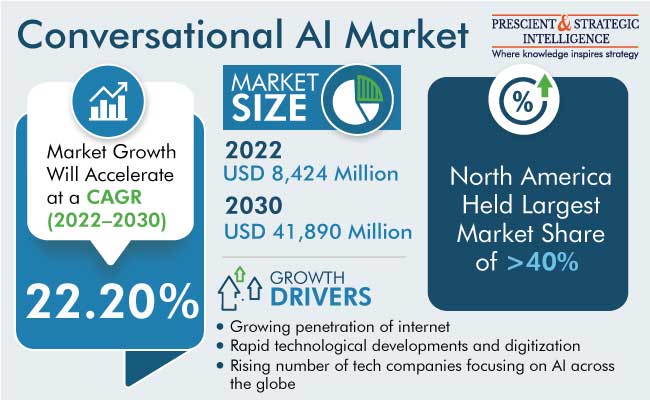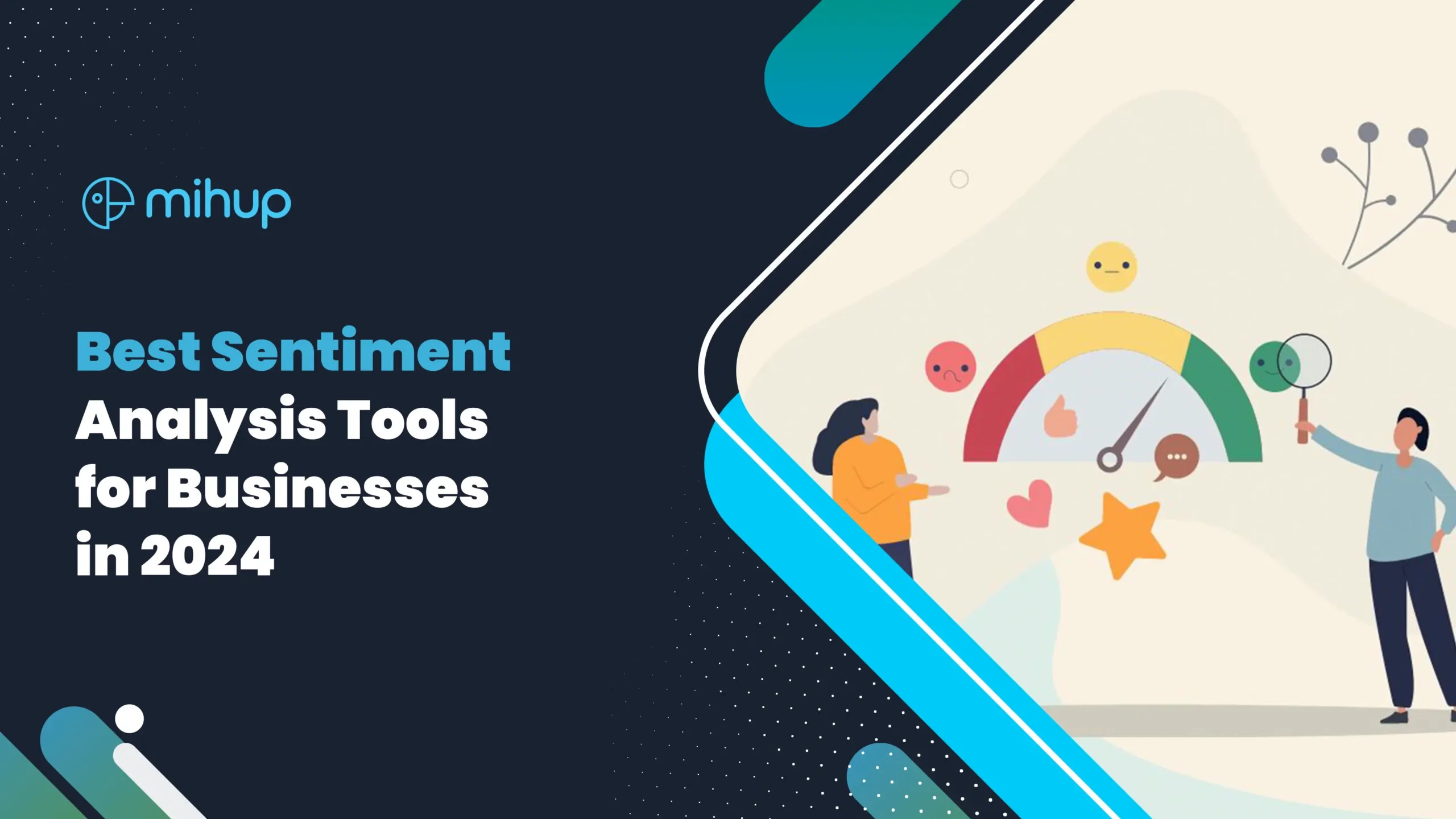In today’s rapidly evolving digital landscape, businesses are constantly looking for innovative ways to improve customer experience and increase efficiency. One technology that has emerged as a powerful tool for achieving these goals is Conversational AI. In this article, we will explore what Conversational AI is, how it works, and its potential benefits and challenges for businesses.

I. Introduction
A. Definition of Conversational AI
Conversational AI refers to a set of technologies that enable machines to understand, interpret, and respond to human language in a natural and human-like way. It is a form of artificial intelligence that enables businesses to engage with their customers through various channels such as chatbots, virtual assistants, and voice-enabled devices.
B. Brief history and evolution
The concept of Conversational AI dates back to the 1960s, with the development of the first natural language processing (NLP) system called ELIZA. Over the years, advances in machine learning (ML) and speech recognition technology have enabled Conversational AI to become more sophisticated and widely adopted.
C. Importance of Conversational AI for businesses
Conversational AI has become increasingly important for businesses as customers expect more personalized and efficient interactions. By implementing this Technology, businesses can enhance customer experience, increase efficiency, and gain a competitive advantage.
II. How It Works
A. Natural Language Processing (NLP)
NLP is a branch of AI that focuses on enabling machines to understand and interpret human language. NLP enables Conversational AI systems to understand the intent of a user’s message, regardless of the language or phrasing used.
B. Machine Learning (ML)
ML is an AI technology that enables machines to learn and improve from experience without being explicitly programmed. Conversational AI systems use ML to analyze and learn from past interactions to improve future responses.
C. Understanding Intent
Conversational AI systems use NLP and ML to understand the intent behind a user’s message. By analyzing the context and meaning of a user’s message, the system can generate a relevant and accurate response.
III. Benefits of Conversational AI for Businesses
A. Improved Customer Experience
Conversational AI can help businesses provide a more personalized and efficient customer experience. By enabling customers to interact with the system through natural language, businesses can reduce response times and improve overall satisfaction.
B. Increased Efficiency and Productivity
increase efficiency and productivity by automating repetitive tasks and streamlining workflows. For example, chatbots can handle customer service inquiries, freeing up human agents to focus on more complex tasks.
C. Personalization of Interactions
provide a personalized experience for customers by using data to tailor responses and recommendations to their specific needs and preferences.
D. Cost Reduction
By automating tasks and reducing response times, Conversational AI can help businesses reduce costs associated with customer service and support.
E. Competitive Advantage
By providing a better customer experience and improving efficiency, Conversational AI can help businesses gain a competitive advantage over their competitors.
IV. Best Practices for Implementing Conversational AI
A. Choosing the Right Platform
When implementing, it’s important to choose the right platform that meets the specific needs and requirements of your business.
B. Defining Clear Goals
Defining clear goals and objectives is essential for ensuring that Conversational AI is aligned with the overall business strategy and delivers measurable results.
C. Designing Natural Interactions
Designing natural and intuitive interactions is essential for ensuring that customers have a positive experience with Conversational AI. This involves using natural language and providing clear instructions and guidance.
D. Integrating with Existing Systems
Integrating Conversational AI with existing systems is essential for ensuring that the system can access relevant data and provide accurate responses.
E. Monitoring and Improving Performance
Monitoring and improving the performance of Conversational AI is essential for ensuring that the system continues to deliver value and meet the evolving needs of the business and its customers.
V. Potential Challenges and Limitations
A. Technical Limitations
These systems are not perfect and can sometimes struggle to understand complex or ambiguous messages. They also require significant amounts of data to train and improve their performance.
B. Privacy Concerns
Conversational AI raises privacy concerns, particularly around the collection and use of personal data. It’s important for businesses to ensure that they are transparent about how customer data is collected, stored, and used.
C. Cultural and Linguistic Differences
These systems may struggle to understand and interpret different languages and dialects. It’s important for businesses to consider cultural and linguistic differences when designing and implementing Conversational AI.
D. Maintenance and Updating
Maintaining and updating These systems can also be a challenge, as they require ongoing training and development to keep up with evolving technologies and customer needs.
Conversational AI is a rapidly evolving technology that has the potential to revolutionize the way businesses interact with their customers. By enabling natural and intuitive interactions, It can provide a more personalized and efficient customer experience while increasing efficiency and reducing costs for businesses. However, implementing Conversational AI requires careful consideration and planning, including choosing the right platform, defining clear goals, designing natural interactions, integrating with existing systems, and monitoring and improving performance. By overcoming these challenges and limitations, businesses can harness the power of Conversational AI to gain a competitive advantage and improve their overall performance.i
Businesses can overcome these challenges by choosing the right platform, defining clear goals, designing natural interactions, integrating with existing systems, and monitoring and improving performance.
While the technology has the potential to handle a significant portion of customer inquiries and support requests, it cannot completely replace human customer service representatives. Human touch and empathy are essential for building trust and rapport with customers, especially in complex and sensitive situations.
Businesses can measure the success of Conversational AI implementations by tracking key performance indicators (KPIs) such as customer satisfaction, response time, resolution rate, and cost savings. They can also use analytics and customer feedback to continually improve and optimize their Conversational AI systems.
Conversational AI can benefit various industries, including e-commerce, healthcare, finance, telecommunications, and hospitality, to name a few. Any business that interacts with customers can potentially benefit from Conversational AI technology.
There are various Conversational AI platforms available in the market, including Amazon Lex, Google Dialogflow, Microsoft Bot Framework, IBM Watson Assistant, Mihup and many more. Choosing the right platform depends on the specific needs and goals of the business.
Businesses can ensure the privacy and security of customer data with Conversational AI by implementing data encryption, adhering to data protection regulations, and limiting access to sensitive information. They can also be transparent with customers about data usage and provide opt-out options if necessary.





